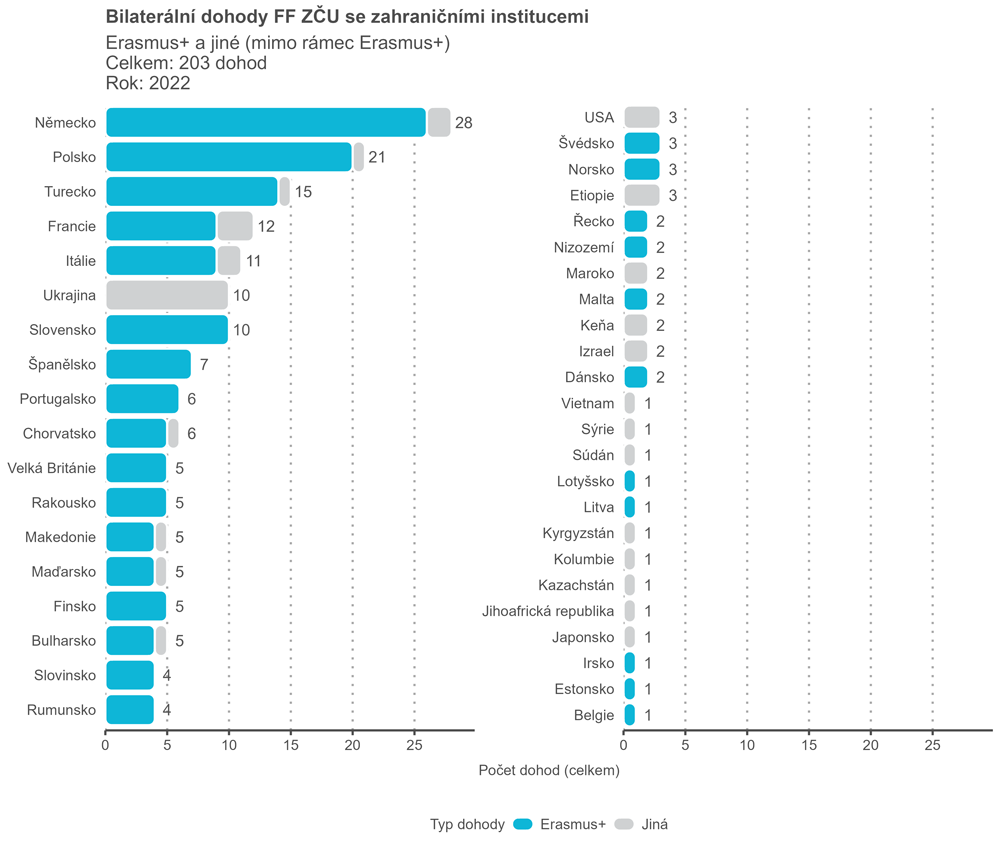Faculty of arts
Every region needs professionals trained in the humanities and social sciences. They are indispensable in the fields of regional administration, social services, education, conservation and many others.
How do we influence the city and the region?
- We have educated more than 11,000 professionals in the humanities and social sciences.
- We cultivate the public environment of the region.
- We provide an analysis of the needs of (marginalised) social groups.
Where are we heading?
- We want to be a gateway to the world for young Pilseners. We offer our students more than 200 bilateral agreements with universities around the world.
- We want to cultivate cutting-edge and open science. We publish an average of 4 scholarly books a year with prestigious foreign publishers.
A major contribution of the Faculty of Arts in contemporary education is its long-standing focus on linking the humanities and social sciences with digital technologies. This provides the region with graduates with skills that are in increased demand in the labour market and have the potential to further develop the region within the needs of the 21st century.
The very existence of the university is crucial for the region and its society. The cultivation of the humanities and social sciences is an essential condition for the education of an educated population and leads to the cultivation of the public environment. In addition, the Faculty of Arts has long been active in the public sphere and strives to give feedback to citizens and institutions in the region.
The Faculty of Arts has long been conducting analytical research in the areas of needs analysis of socially disadvantaged populations, case studies of socially excluded populations/localities, analysis of citizens’ sense of security, and analysis of secondary education.
The results of these studies are crucial for the identification of risks and planning of integration projects and social services, or for the purposes of (community) planning of social services in the region, for the elaboration of various crime prevention concepts and for the planning of regional security policy, as well as for the integration of foreigners and so-called “minorities”, intercultural education and for other ways of political or public treatment of social and cultural differentiation in contemporary complex societies.
The Faculty of Arts is not just philosophy
Did you know that…
Only 3 percent of the faculty study philosophy?
- Faculties of Arts generally provide teaching in the humanities and social sciences, i.e. sciences dealing with man and society. And these are essential for the development of human beings and society as a whole.
- While new technologies are driving humanity forward rapidly, the humanities are helping us to better understand the very nature of existence. The humanities and social sciences contribute to and develop just such things as the nature of society or understanding.
- The study of human behaviour and the functioning of human societies in the present and in the past around the world allows us to better understand differences, assess and respond to the crises we find ourselves in. These are the principles of skills needed in today’s complex situation.
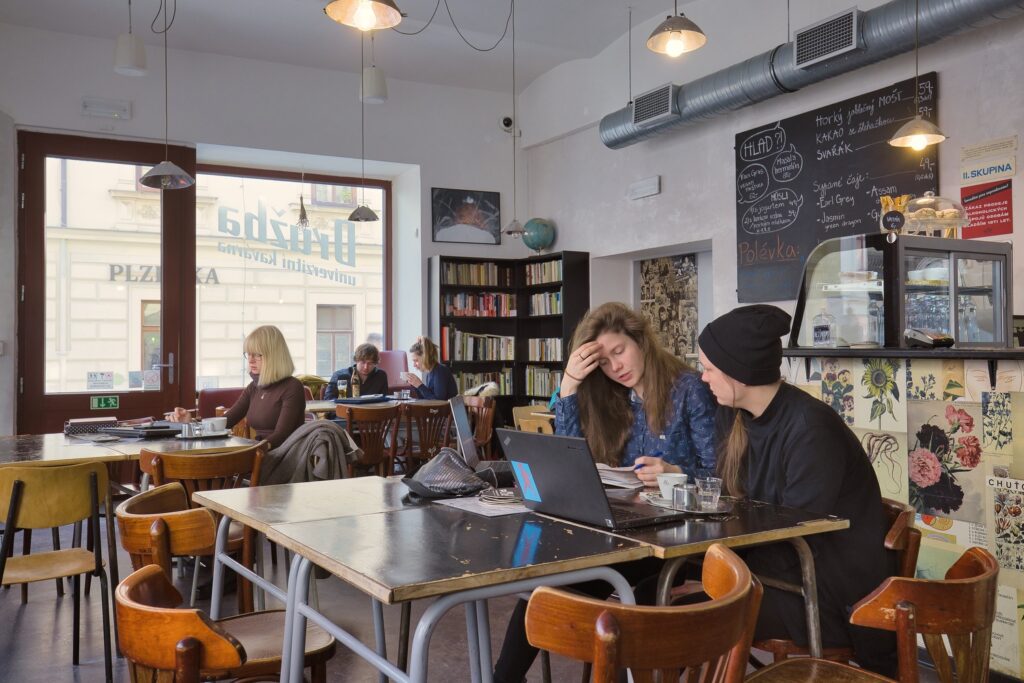
- Knowledge of new technologies will not help us solve the social, religious or national problems in which the world currently finds itself. Humanities and knowledge of the differences of cultures will help us much more. In difficult situations in life, you are unlikely to reach for a chemistry textbook. But it will be the sciences such as political science, sociology and anthropology, as well as history, archaeology or linguistics, which can provide you with a “guide” to solving your problems.
- And it is these fields that are cultivated in the faculties of philosophy. Their spectrum is very wide. But they all give you the ability to navigate social issues and the ability to communicate (often in several languages) not only within your own community or society, but also outside it.
- Another benefit is the cultivation of critical thinking in the sense of the ability to make independent judgments and to cultivate a certain resistance to the manipulative persuasive strategies that work in the physical and online world on all of us, all the time.
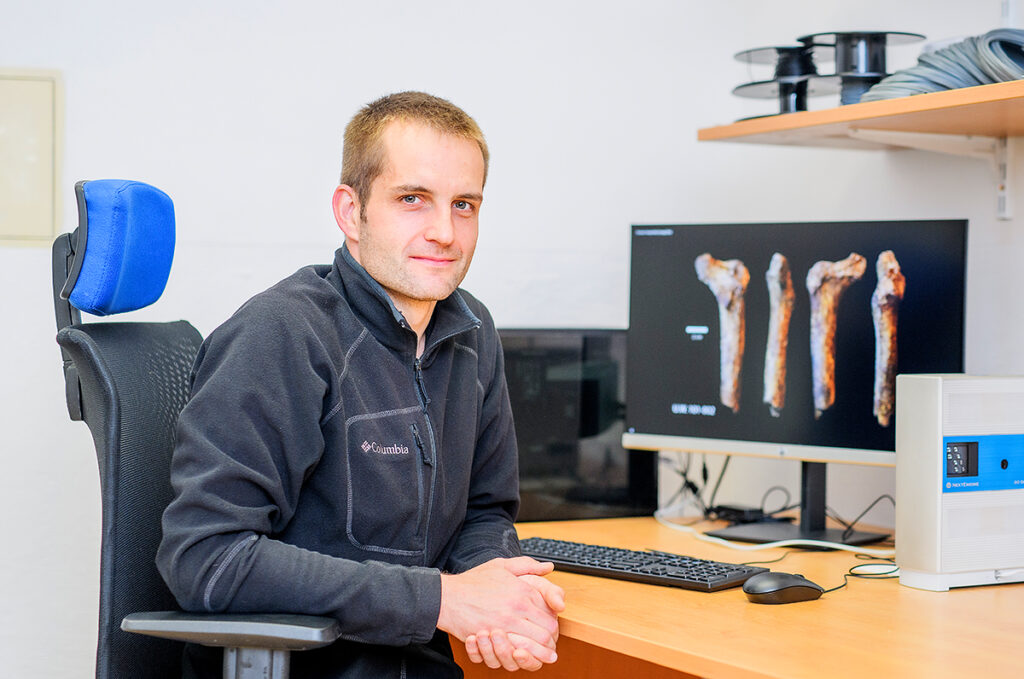
We are in the course
Did you know that the interest in studying at the Faculty of Philosophy is growing by 15-20 percent annually?
We offer a wide range of applications
- The cliché that graduates of philosophy faculties are dispensable for society and do not find employment is often heard in public debate. On the contrary. Our learners acquire vital skills necessary for a successful life today.
- The undeniable advantage of a broad base of acquired knowledge is the possibility to establish oneself on the labour market in more than one specialised field.
- Of course, you can work as an archaeologist or sociologist, but graduates of philosophy faculties find a wide, almost unlimited range of applications: for example, in various educational and training institutions, the media, diplomacy, non-profit organizations, private companies, the civil service, or politics. Technical or natural sciences cannot offer you such a wide range of applications.
- The more than 99% employment rate of our graduates speaks for itself.
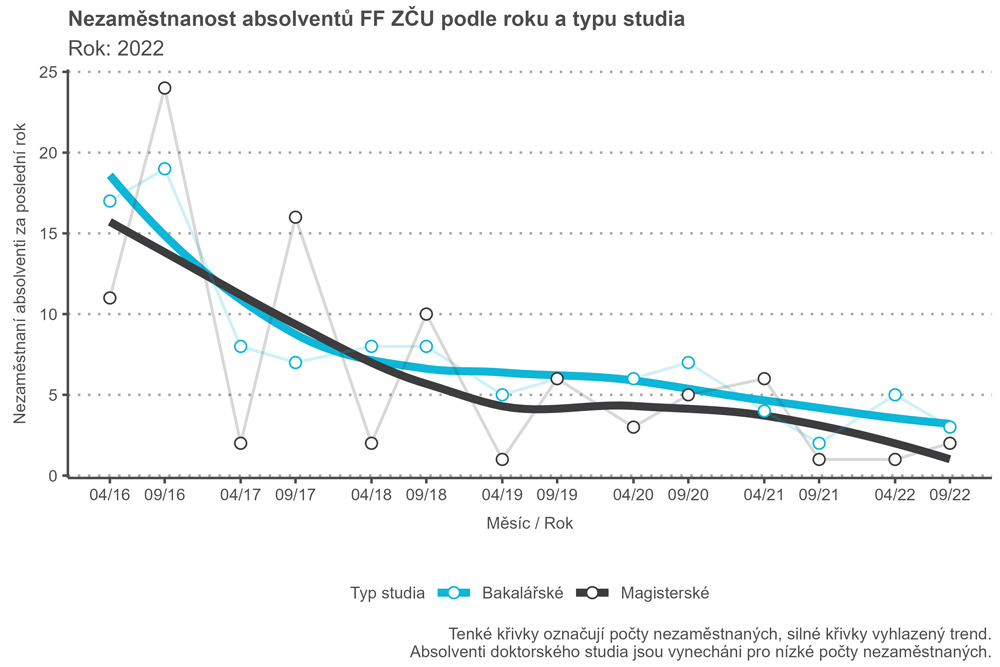
Did you know you can visit us?
- The Faculty of Arts is an open institution that is intrinsically linked to the city centre.
- We regularly organize lectures and seminars for the general public. Just follow our social networks and come and see.
- You can see the Faculty’s premises not only during the annual Open Day, but also as part of the regular Pilsen Courtyards event, we will be happy to welcome you in the attractive environment of the historic interiors of our buildings.
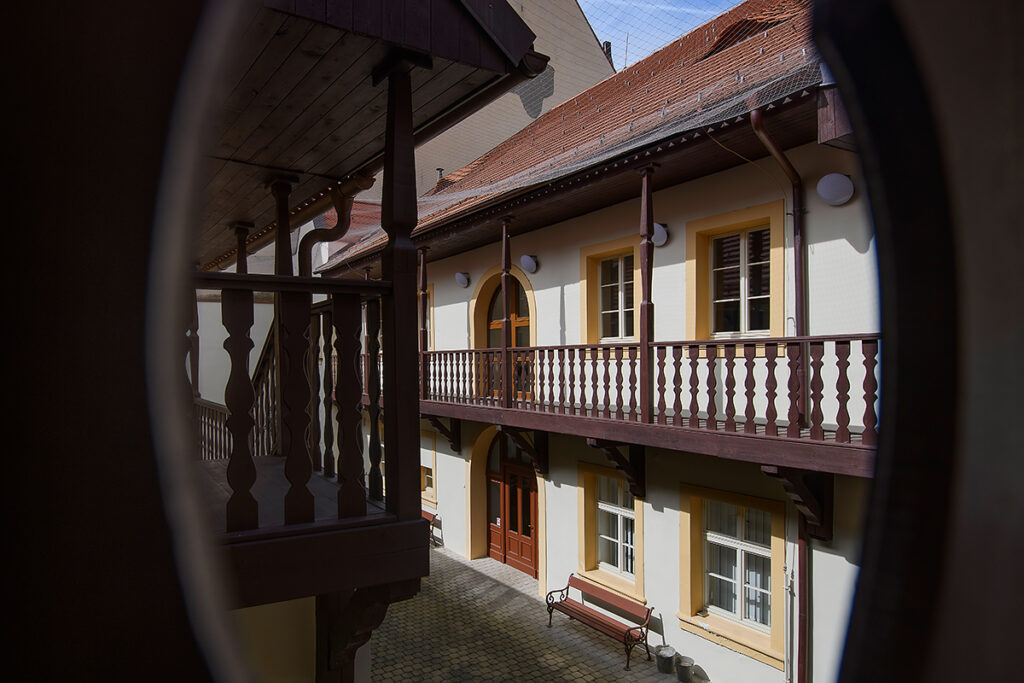
We do science for people
- Many faculty members are among the top scientists or scholars in the humanities and social sciences. In the last year, they have been working on 15 projects with international participation.
- We try to connect the humanities and social sciences with the technical and natural sciences.
- The result is not only collaboration within interdisciplinary research teams, but also the cultivation of joint study programmes.
- It is important for us to present the results of our research to the general public. We organize regular lectures, just follow our website and come and see us.
- You can also regularly see our researchers and the results of their work in leading media reports.
Watch us online
Did you know that we can also be seen in documentaries on Czech Television or Netflix?
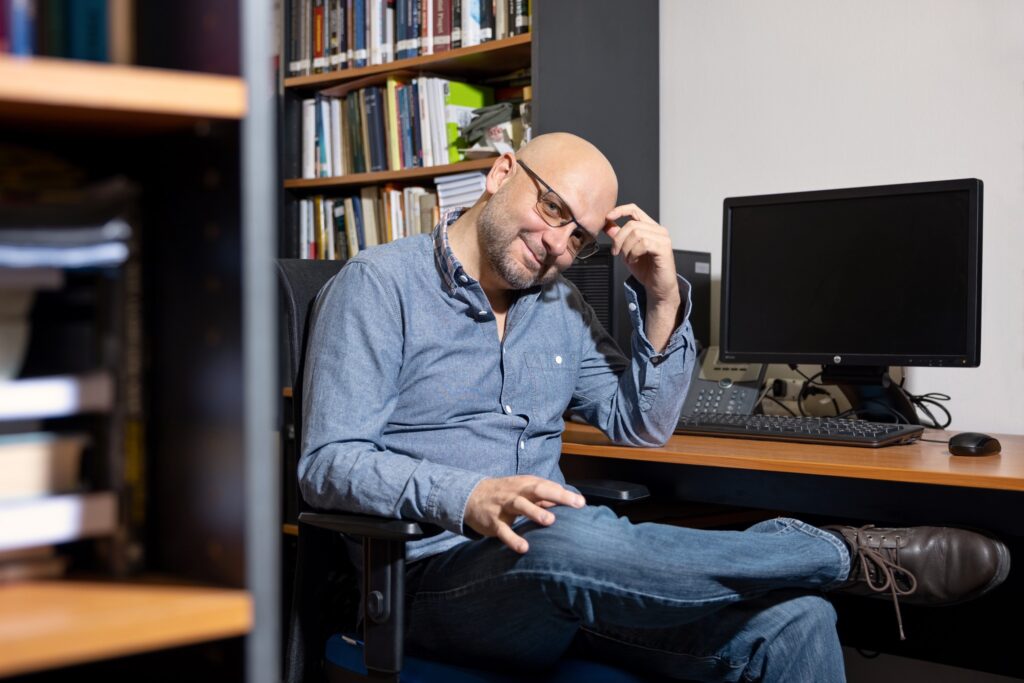
Connecting Pilsen with the world
- The Faculty of Arts intensively supports students in their interest in study trips abroad. The Faculty currently has more than 200 bilateral agreements with universities around the world, both within and outside the Erasmus+ programme.
- Each year, about 120 students go on an internship abroad.
- We will also arrange foreign contacts for those who stay in Pilsen. Every year we welcome 80-90 foreign students to the faculty.
- In addition to the standard arrivals within the Erasmus+ programme, the Department of Archaeology implemented, for example, the “Summer School of Archaeology” within the ESF project of the University of West Bohemia, which was attended by a total of 12 foreign students. They spent a month on archaeological research with other male and female students.
Did you know that…
We conduct research all over the world and you can meet our researchers in Portugal, Italy, Kyrgyzstan, Africa and the Middle East?
